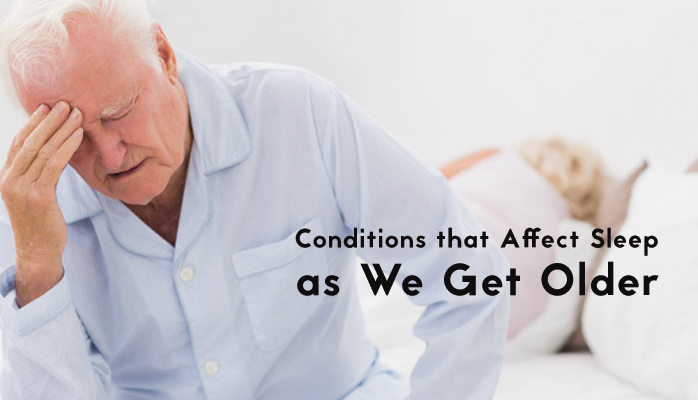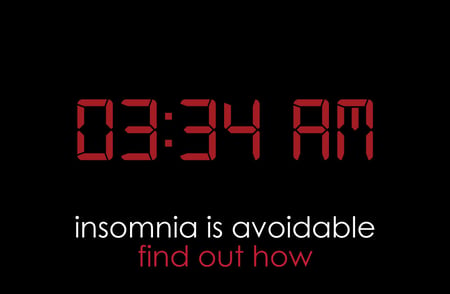What Happens to Sleep As We Age?
As an adult, you should be averaging between 7-9 hours of sleep every day. This is extensively researched and claims of success with less than 7 hours of sleep should be taken with a grain of salt.
Although 7-9 hours a day is recommended, these hours don't necessarily have to happen at night or all at once. People who sleep 4-5 hours at night will need to supplement their sleep with naps in order to get their necessary hours of sleep. When you are younger, you likely had little to no trouble getting at least 7 hours of uninterrupted sleep every night. But your sleep pattern changes as you age, and after 65 years of age, getting 7 straight hours of sleep may seem impossible.
Generally speaking, as one gets older, their sleep pattern changes in the following ways:
- They will likely sleep less than 7 hours at night
- Their sleep may feel less restful during the night
- They may be more inclined to nap
- The times that they go to bed and wake up will also likely change
While sleep patterns might change, the need to get a certain amount of sleep won’t change. These changes happen for life reasons (stress, children, jobs), hormonal changes, and natural physiological changes that makes one more susceptible to certain sleep disorders.
Obstructive Sleep Apnea
Obstructive sleep apnea is one sleep disorder that is much more common with age. Obstructive sleep apnea (OSA) occurs when your upper airway becomes blocked while sleeping. This happens because the muscles in the back of the throat relax, collapsing and blocking airway. The body will awake subconsciously to begin breathing again, thus completing an apnea or apnea event. These can take place dozens of time a night.
Some of the most common symptoms of obstructive sleep apnea are:
- Loud snoring
- Restless sleep
- Morning headaches
- Severe daytime sleepiness
- Chronic irritability
OSA is a serious medical condition with significant consequences that should not be ignored.
Insomnia
As we age, our sleep cycles change – especially in how we get sleep. People older than 60 are more likely to have insomnia and report trouble with sleep. These uncomfortable changes are because as we age, bedtimes and wake times are often earlier.
People who suffer from insomnia either have difficulty falling asleep, staying asleep, or wake too early and cannot return to sleep. As you age and your sleep changes, you can exhibit such symptoms. Hormonal changes further complicate sleeping patterns and increase the risk for insomnia.
Restless Leg Syndrome
Restless leg syndrome (RLS) is a nervous system disorder that causes discomfort in your legs and other extremities that is uncomfortable enough to interfere with sleep. When the discomfort is enough to keep you up or wake you up, it is considered a sleeping disorder. Some of the symptoms include feeling the following on your legs at night:
- Aching, throbbing, or burning
- Cramping (especially in calves)
- Jerking
- Buzzing or vibrating feelings
- Itchy feeling
- Feeling of pins and needles
- Creepy crawly feeling
- Irresistible urge to move your leg to relieve the discomfort
RLS is most common in middle aged and elderly people, and is caused because of the following:
- Genes (nearly half of people with RLS have a family member who also has it).
- Certain diseases, such as anemia, Parkinson’s, and diabetes
- Some medications that are commonly used as we age can make RLS symptoms worse
- Age (even in young children), but people who are severely affected are generally middle aged or older
Circadian Rhythm Disorders
Your circadian rhythm is your biological clock. It runs in the background of your brain and manages and regulates your cycle of sleep and wakefulness. It’s also known as your sleep-wake-cycle.
There are many factors that can interrupt your biological clock, such as extreme lighting conditions, jet lag, shift work, and so on. Your circadian rhythm may undergo major changes as you age for no apparent reason.
In this case, you might notice that your natural cycle changes dramatically and your preferre sleep and wake times are different. If an yof these symptoms sound familiar, then you may be at risk for a sleeping disorder. Please click the orange button below to take a free online sleep test and talk with one of our sleep health specialists.



